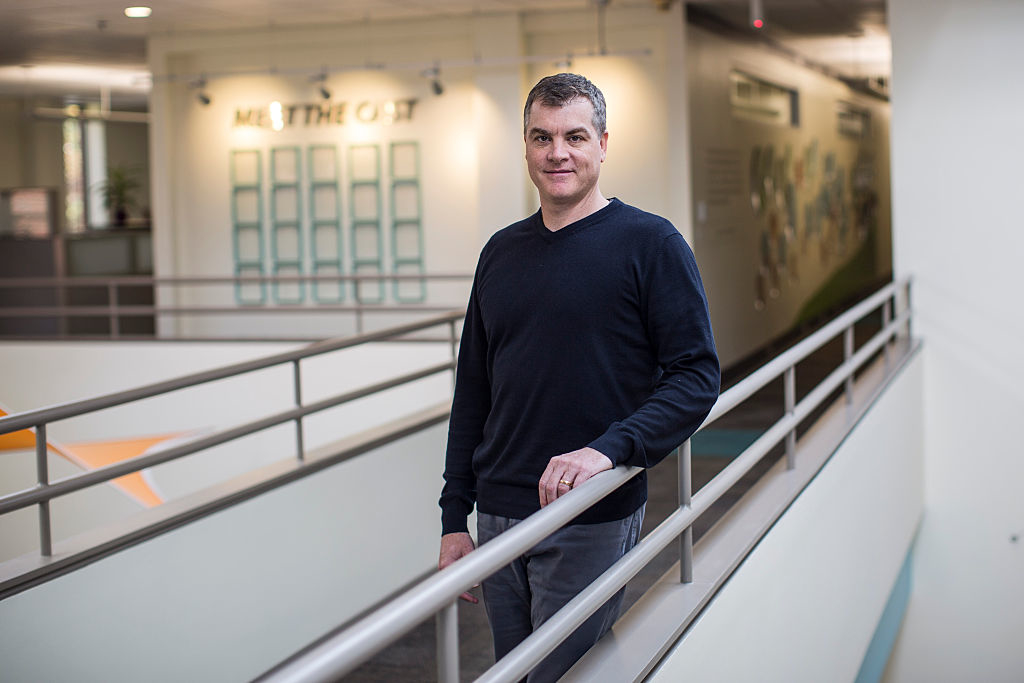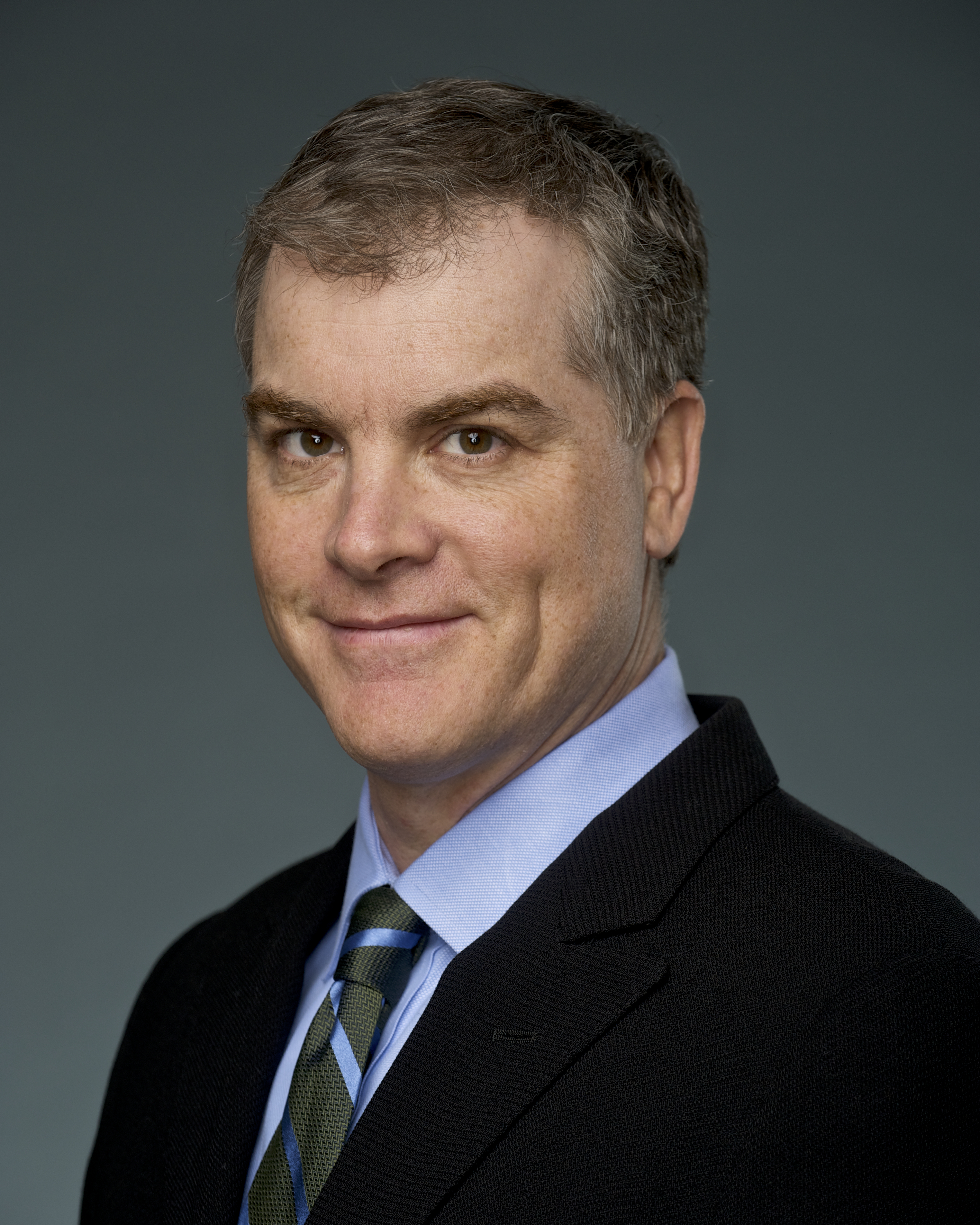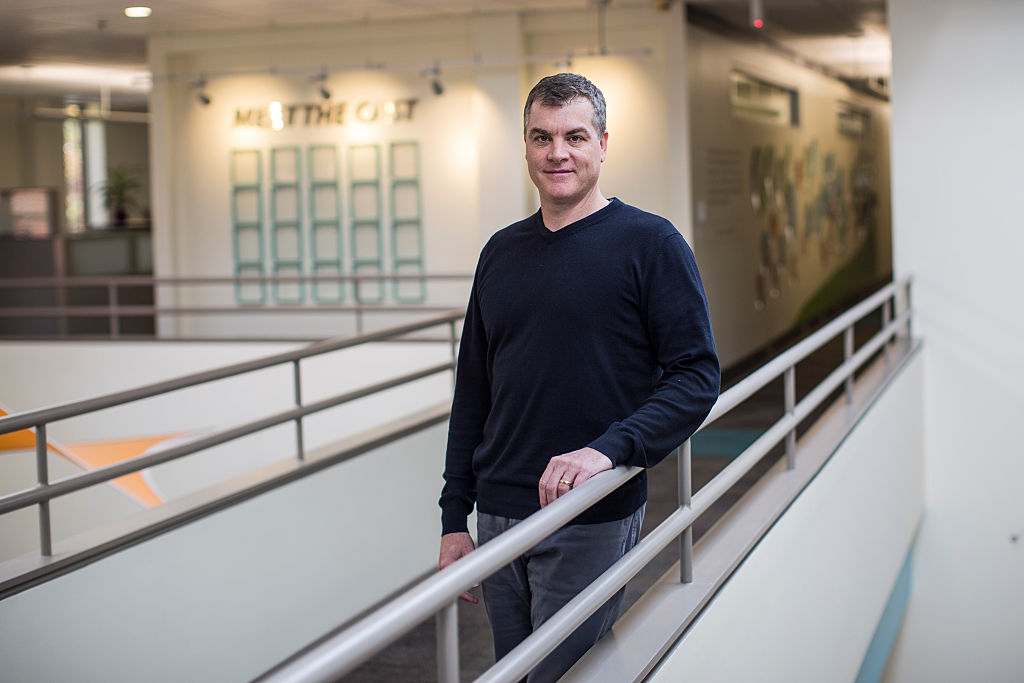
As part of my series about prominent entrepreneurs and executives that overcame adversity to achieve great success, I had the pleasure of interviewing Rob Waldron.
Rob Waldron, CEO of Curriculum Associates. Rob joined Curriculum Associates in 2008, bringing leadership experience from both the for-profit and nonprofit education worlds. Under his leadership, revenues have increased more than seven-fold, making Curriculum Associates the nation's fastest-growing K–12 education publishing company.
Jason Crowley: Thank you so much for doing this with us! Can you tell us the “backstory” about what brought you to this specific career path?
Rob Waldron: took a winding path to find myself in education. My first job after college was actually at Morgan Stanley in NYC. This was during the height of the crack epidemic, and outside of work I spent time volunteering at a homeless shelter called Covenant House, located just blocks from my office. The contrast of Wall Street excess juxtaposed with the fact that basic human needs were going unmet right down the street stuck with me. In my business school admissions essay, I questioned why companies weren’t held accountable for bettering society, and I wrote about my hopes to mesh the traditional definition of business success with philanthropic social entrepreneurship. Over the years, I found myself most drawn to the education world, where I felt my impact could be most meaningful. I led both for- and non-profit ed companies, and one of the main reasons I ultimately joined Curriculum Associates in 2008 was because of their conscious focus and mission orientation and commitment to making business decisions that serve the best interest of students and teachers.
Crowley: Can you share your story of when you were on the brink of failure? First, take us back to what it was like during the darkest days.
Waldron: When I first became CEO of Curriculum Associates, it was a sleepy print publishing company that had been deeply impacted by the recession. It was a very scary time for the industry — we kept seeing businesses go under, and I kept thinking “What did I get myself into?” As I came aboard, our revenues dipped well below our forecasts. Banks stopped giving out loans, and customers (schools and districts) ran out of funds to purchase anything. I worried we were going to run out of money in as little as six months, and I feared the 40-year-old company I’d just assumed leadership of wasn’t going to make it. It was tough not to get discouraged, especially with so many people relying on me. Given that our focus was on print materials at the time, I worried our employees would be unable to transfer their skills and would suffer in the tough recession economy. I knew that we had to change our strategy to keep the business afloat and our team employed.
Crowley: What was your mindset during such a challenging time? Where did you get the drive to keep going when things were so hard?
Waldron: My primary focus during that tough time was trying to save jobs. I believed — and still do — that our people mattered more than the company. Given the lack of outside employment opportunities available, my responsibility to them weighed heavily on my shoulders. But when I was feeling overwhelmed, my wife propelled me forward and kept me laser-focused on my primary responsibility to each of the talented people working with me. She focused my energy on keeping the company’s doors open for their sakes, and it was thanks to her support that I pulled through those most challenging days.
In the education world, it was during this chaotic and challenging time for the industry that the new Common Core standards were introduced. Our team rallied together to create brand new print resources from scratch to meet these more rigorous requirements, with a focus on high quality and low prices. Since we were a small, nimble company, we were able to focus our energies on these new materials and beating the legacy publishers to the market. This provided a desperately needed cash flow that kept us afloat.
From there, we didn’t take our foot off the accelerator — we knew we couldn’t afford to stop and rest while competitors caught up. Most companies during the recession were focused on keeping their head down and staying the course while cutting expenditures as much as possible. however, I saw an opportunity for change. After all, the status quo certainly wasn’t working, so why double down on something that’s failing? Instead, I took a long-term approach and decided to invest our product development resources into digital. Every bit of sales money was funneled into building our tech program. In the meantime, I became a relentless recruiter and gathered the best tech talent. At a time when most employers were only thinking short-term, our long-term focus set us apart and attracted world-class tech talent searching for a stable place that would allow them to reach their full potential and see their projects through.
Crowley: Tell us how you were able to overcome such adversity and achieve massive success? What did the next chapter look like?
Waldron: This long-term approach put us in the ideal position to break new ground in the education industry, bringing us back from the financial brink and full-force into the digital age. Today, Curriculum Associates has grown tremendously as a result of our pioneering push into ed-tech. Today, more than 6.5 million K-12 students across the country use our digital products! Most importantly, we’ve been able to help drive tremendous learning gains for students, save teachers time and resources so they can focus their energies on personalized and targeted instruction, and give back to the communities we serve in a major way by “giving away” our company to charity, all thanks to our willingness to take a risk and commit to the future in the midst of a crushing recession.
Crowley: Based on your experience, can you share a 3 actionable pieces of advice about how to develop the mindset needed to persevere through adversity? (Please share a story or example for each.)
Waldron: First, I’d point to holding a long-term outlook as the greatest driver of success for our company, our products and our employees. The valleys don’t look quite as wide if you’re able to focus on the longer road that lies ahead, and as I’ve learned first-hand through leading Curriculum Associates, taking a long-term view can drive huge gains for your company and the people you serve.
Next, I’d emphasize the power of developing a conscious-minded approach. Look for ways you can give back to all of your stakeholders — whether that’s direct investors, your employees, your clients, or even your local community. You’ll be surprised how many win-win opportunities emerge when you shift your mindset from “How do I make the most money” to “How can I best serve those around me? For Curriculum Associates, that’s meant doing things like voluntarily raising our minimum wage to $15/hour and donating majority shares of our company to charity, resulting in an historic gift of approximately $200 million gifted to the Boston Foundation and the Iowa State University Foundation. Beyond being great for the soul, the people who work for us, and the community, these actions have benefitted us tangibly in many ways, notably with an increase in employee retention and remarkably high rates of employee satisfaction. I believe that following the tenets of “conscious capitalism” isn’t just the right thing to do, it’s also the smart thing to do for your business.
Third, surround yourself with the best talent. To say I’m talent-obsessed is no exaggeration. If you don’t have the smartest people working with you, you’re never going to win. I devote more than 50% of my time as CEO to recruiting and hiring top talent, and that has resulted in building the highest caliber team I’ve ever worked with in my career.
Crowley: None of us are able to achieve success without some help along the way. Is there a particular person who helped get you to where you are? Can you share a story about that?
Waldron: When I was in high school, I was a bit of a difficult student, and the superintendent in my hometown really helped me to focus on the future and set goals for myself. I was on the wrestling team, and he used to pick me and my teammates up in the morning and drive us to the gym. He was honest with
me and told me I was smart but underperforming. He believed I could do better and set high expectations for me. Thanks to his mentorship, I buckled down and got accepted into Northwestern University. In college, I got straight A’s and made the Dean’s List for the first time, to which he replied, “I knew that was the case…and you can still do better!”
Crowley: Are you working on any exciting new projects now? How do you think that will help people?
Waldron: In keeping with our long-term mindset, we are increasing our R&D budget by 40% for the next four years. We’re investing in quality and innovation, guided by a mission to improve learning outcomes for students, and we’re excited to see where that leads us. Most recently, that’s been the development of Spanish-language assessments and the tweaking of content to make sure it’s accessible for everyone — whether that’s addressing students with special needs or fine tuning tools with a focus on equity. In education, the most exciting things aren’t so much the big announcements, but rather the small improvements to make each individual lesson more engaging and adaptive for
students. It’s these tiny changes that lead to major gains for kids. Greatness truly does lie in the details.
Crowley: You are a person of great influence. If you could inspire a movement that would bring the most amount of good to the most amount of people, what would that be? You never know what your idea can trigger. 🙂
Waldron: In my opinion, character and integrity are the most important qualities in a successful, smoothly- running society. I believe that we should aim for 100% integrity in all things — especially those of us who are given the responsibility of serving in a leadership capacity.
CEOs and others in similar positions have been given an extraordinary opportunity — a gift really — to serve others. Imagine the world we would live in if CEOs lived with the goal of serving others with integrity as their primary motivation? The world needs more leaders who try to always do what’s right, both in their professional and personal lives, and don’t cut corners for short-term gains. Businesses can be profitable and generous at the same time — these traits don’t have to be at odds with one another. At Curriculum Associates, that’s meant instituting a living wage, building a culture that encourages employee growth and satisfaction, and giving back to the community through charitable initiatives. I’m always striving to ensure Curriculum Associates embodies this philosophy of service and integrity and lives our mission to improve classrooms.
Crowley: Any parting words of wisdom that you would like to share?
Waldron: Taking an active role in talent recruitment and always striving to treat employees with grace pays incredible dividends. A company is only as strong as its employees — make them your priority.
Crowley: How can our readers follow you on social media?
Waldron: Curriculum Associates Facebook: https://www.facebook.com/curriculumassociates
Curriculum Associates Twitter: @CurriculumAssoc
Curriculum Associates Instagram: @curriculum_associates
Crowley: Thank you so much for joining us. This was very inspirational.



